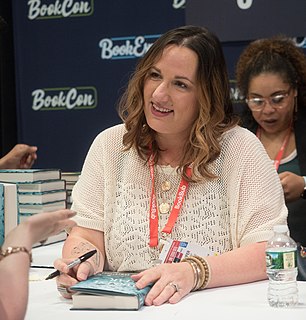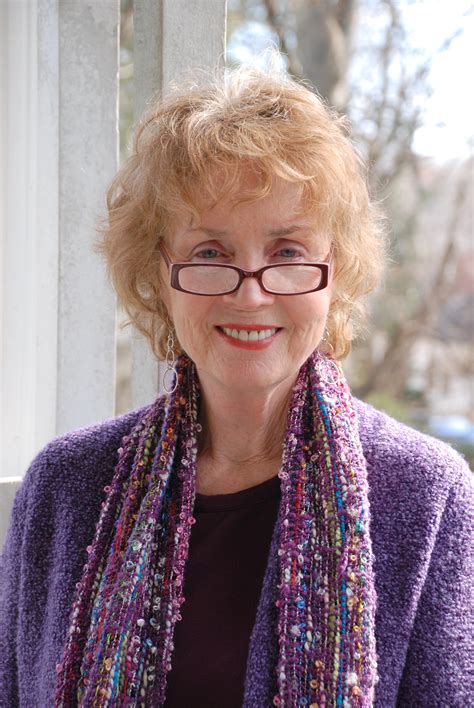A Quote by Cynthia Ozick
I am proudest of that first novel, 'Trust,' of anything I have written. I don't think I've had such intense energy since.
Related Quotes
• Eating disorders are addictions. You become addicted to a number of their effects. The two most basic and important: the pure adrenaline that kicks in when you're starving—you're high as a kite, sleepless, full of a frenetic, unstable energy—and the heightened intensity of experience that eating disorders initially induce. At first, everything tastes and smells intense, tactile experience is intense, your own drive and energy themselves are intense and focused. Your sense of power is very, very intense. You are not aware, however, that you are quickly becoming addicted.
Three years after my first trip to Haiti, I realized there was another emotional note that had to be reckoned with: the intense, vibrant color of these worlds. Searing light and intense color seemed somehow embedded in the cultures that I had begun working in, so utterly different from the gray-brown reticence of my New England background. Since then, I have worked predominantly in color.
In the case of my second film The Fish Child (El Niño Pez), I had written the novel about 5 years before I made into a film. In the case of The German Doctor I had published the novel a year before I started writing the script, I even had another project to shoot. But I had this idea of the powerful cinematic language from the novel that I couldn't let go of.
I had written a book. For various reasons, the publishing industry had decided that my book was going to be 'important.' The novel had taken me 12-and-a-half years to write, and after being with the book for so long, I had no real perspective on the merits or demerits of what I had written. I hoped it was good, but feared that it wasn't.
By the time I was doing "Kill Bill," it was so much filled with prose that, you know, I start seeing why people write a screenplay and make it more like a blueprint, because basically I had written - in "Kill Bill," I had basically written a novel, and basically every day I was adapting my novel to the screen on the fly, you know, on my feet.
The short story that eventually grew into Constellation was the first fiction set in Russia that I'd ever written, and that was right around the time I was giving up on a doomed, never-to-be-seen first novel. While I saw it could be something bigger, in hindsight fortuitous timing was as responsible as anything.







































